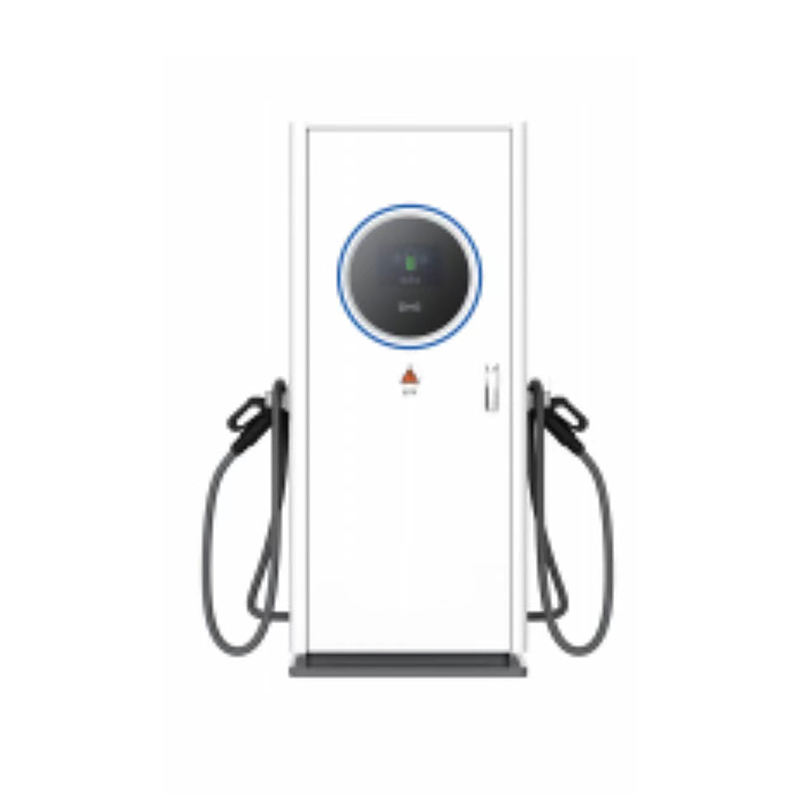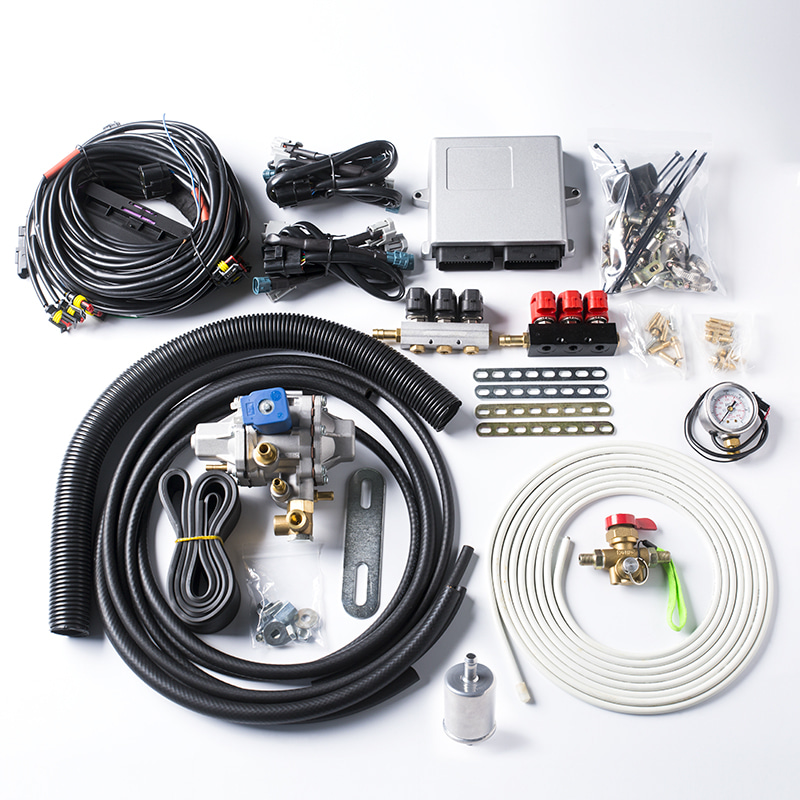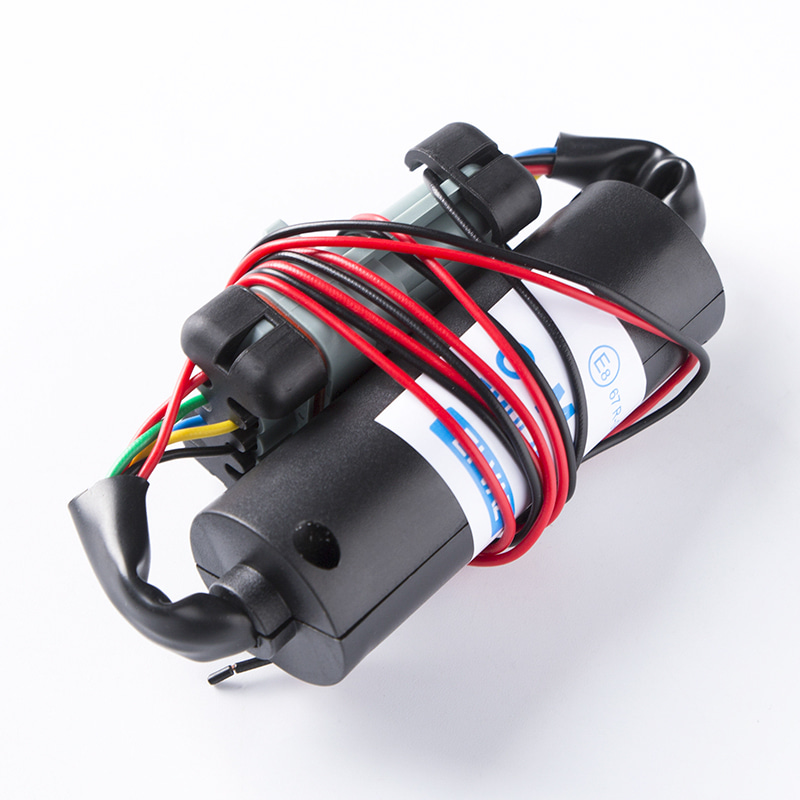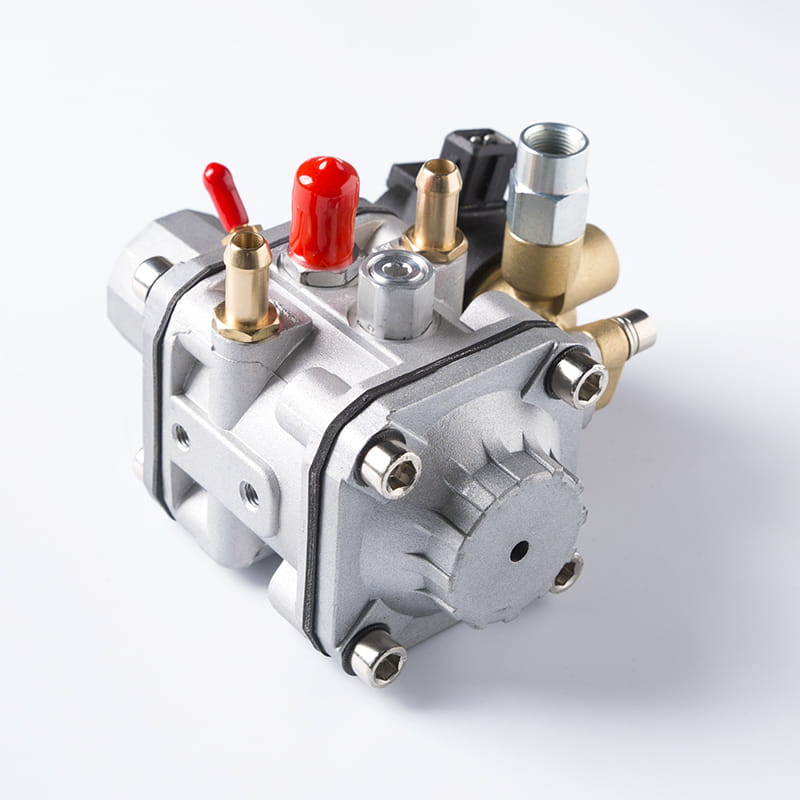What is the maximum charging capacity and voltage compatibility of the
DC-60KW fast charging station, and how does it compare to other fast charging solutions on the market?
The charging capability and voltage compatibility of a DC-60KW rapid charging station generally mean that it may deliver up to 60 kilowatts of electricity to an electric-powered vehicle (EV) and is designed to address high-voltage DC charging.
Now, permit's delve into the captivating world of DC rapid charging stations, along with the awe-inspiring DC-60KW, that have been particularly engineered to function with excessive-voltage DC electricity. These charging stations boast compatibility with various voltage stages, with a commonplace standard falling in the variety of approximately 400 to 800 volts DC. This large voltage variety ensures seamless compatibility with an impressive array of electric motors, catering to the numerous desires of EV fanatics worldwide.
When comparing the DC-60KW to its Level 2 AC charger opposite numbers, generally found in residential and select industrial settings, one can't but be surprised at the notably extended charging abilities it offers. While Level 2 chargers might also provide charging rates starting from 7 to 22 kilowatts, the DC-60KW stands head and shoulders above, turning in a charging revel in this is approximately two to 3 instances faster. Such an amazing disparity in charging speed is nothing quick of awe-inspiring.
However, it's miles really worth noting that after juxtaposed with better-capability DC fast chargers, boasting charging capacities of 100 kilowatts, one hundred fifty kilowatts, or maybe an outstanding 350 kilowatts, the DC-60KW reveals itself living at the decrease cease of the spectrum in terms of raw charging strength. These higher-potential charging stations own the first-rate capability to channel an extensively greater quantity of electricity inside a notably shorter time body. This characteristic proves particularly effective while charging larger battery electric cars or aiming to reduce charging instances for industrial fleets.
It is vital to meticulously consider the particular use case and requirements while deciding on the correct charging station. While the DC-60KW won't declare the crown as the fastest option available, it still affords itself as an appealing proposition for places with slight charging demands or wherein lower set-up expenses keep great weight.
The
DC-60KW fast charging station unquestionably showcases a respectable 60-kilowatt charging capacity, complemented by its compatibility with high-voltage DC power. This awesome combination renders it an invaluable solution for addressing the charging needs of commercial entities. However, in situations characterized by surprisingly high charging needs or an urgent necessity for expeditious charging instances, it can be prudent to discover the opportunities supplied with the aid of higher-capability speedy charging stations.
What varieties of connectors and communique protocols are supported using the charging station to house a wide variety of electrical automobiles?
Charging stations for electric-powered cars (EVs) commonly guide a variety of connectors and communique protocols to accommodate a wide variety of EV makes and models. This connector is commonly utilized in North America and Japan. It's a single-segment connector with diverse energy stages, consisting of Level 1 (120V) and Level 2 (240V). This connector is extensively used in Europe and is becoming extra commonplace in different areas as properly. It supports each unmarried-phase and three-segment charging, making it appropriate for a huge range of EVs. Primarily utilized by Nissan and different Japanese automakers, CHAdeMO is a quick-charging connector that may deliver high electricity tiers, especially for DC fast charging. CCS combines the AC charging capabilities of Type 2 connectors with the DC rapid-charging competencies of CCS Combo 1 and CCS Combo 2 connectors. CCS is widely followed in Europe and North America. Tesla cars come with their proprietary connector, however, many Tesla Supercharger stations also consist of adapters to house other connector types. This connector is utilized in China and supports both AC and DC charging.
OCPP is an open-source verbal exchange protocol used for dealing with and tracking charging stations. It's widely followed by charging station producers and operators. OCPI is any other open conversation fashionable for EV charging, aimed toward facilitating interoperability between extraordinary charging networks and operators. This standard defines conversation protocols for steady and automatic charging of electrical motors. It's mainly critical for high-power DC rapid charging and automobile-to-grid (V2G) conversation. Many charging stations use RFID cards or tags for person authentication and billing functions. While not a conversation protocol within the conventional experience, it performs a role in authorizing charging periods. Some charging stations speak with EVs through cell apps, allowing users to begin and display charging classes remotely.
Charging stations are regularly equipped with a couple of connectors to cater to a broad variety of EVs and their respective necessities. Additionally, because the EV charging infrastructure evolves, new connectors and conversation protocols can also emerge to in addition beautify compatibility and functionality. It's vital to test the unique connectors and conversation protocols supported with the aid of a charging station earlier than use, as they could vary depending on the vicinity and the station's talents.

 English
English Español
Español









